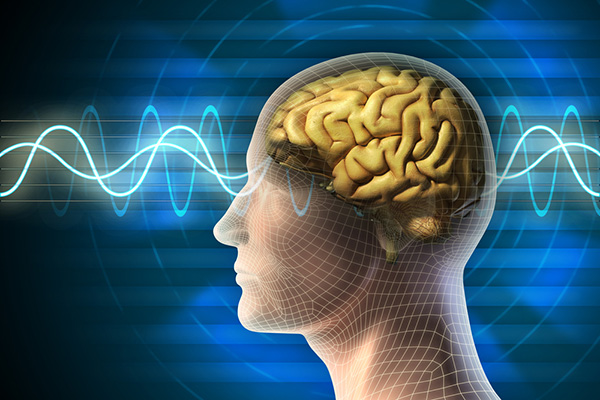Deceased NFL Players Brains Studied at Boston University
 Brain illustration via Shutterstock
Brain illustration via Shutterstock
Boston University published the largest study of its kind today in the journal, Brain, which describes for the first time the four progressive stages of the degenerative brain disease chronic traumatic encephalopathy (CTE). The study looked at 68 different brains. BU Today says that six of the brains studied were of high school football players that had CTE before dying.
The 68 brains came from men ages 17 to 98; 64 had been athletes (more than a third were also veterans), 3 were vets with no sports background, and one had repeatedly injured himself with head-banging. Almost half (33) of the men had played in the National Football League, one in the Canadian Football League, and 4 in the National Hockey League, and 7 had been professional boxers. Among the athletes whose identities the researchers were permitted to release were several NFL players who died last year: Hall of Fame tight end John Mackey, Hall of Fame running back Ollie Matson, and running back Cookie Gilchrist.
Ann McKee, Boston University School of Medicine professor and a codirector of the Center for the Study of Traumatic Encephalopathy (CSTE) who led the study told Today that the study “extends our knowledge concerning the spectrum of the clinical and pathological abnormalities associated with CTE.”
We featured BU’s brain study work and how it relates to high school football back in the November 2010 issue of the magazine.
In addition to studying the brains, researchers also interviewed survivors of the brain donors to learn about the behaviors the deceased exhibited as the disease progressed. Today reports that:
In stage I of the illness, CTE victims suffered headaches and had trouble concentrating and remaining attentive; stage II victims showed depression, explosive tempers, and short-term memory problems; in stage III, cognitive impairment and difficulty with planning, organization, handling multiple tasks, and judgment appeared. The researchers report that by the final stage IV, the patients suffered full dementia.
McKee says in the study, that despite advances, information vital to effective treatment of CTE still remains elusive. The study says, “Inclusion of more rigorous control subjects, such as individuals who experienced repetitive mild traumatic brain injury and did not develop behavioral or cognitive abnormalities, will be extremely useful in future studies.”
The CSTE maintains a bank of more than 135 donated brains, and 80 percent of them show signs of CTE. More than 600 athletes have pledged their brains to the bank for research after their deaths, including Micky Ward, the former boxing champ and the subject of Mark Wahlberg’s award-nominated biopic, The Fighter.
Want to improve your brain health? Here are easy tips from an MGH neurologist.


